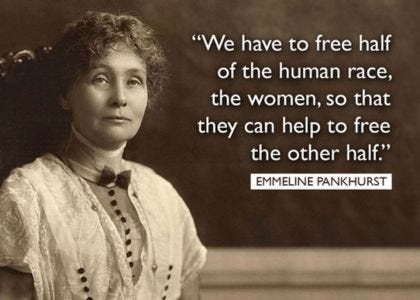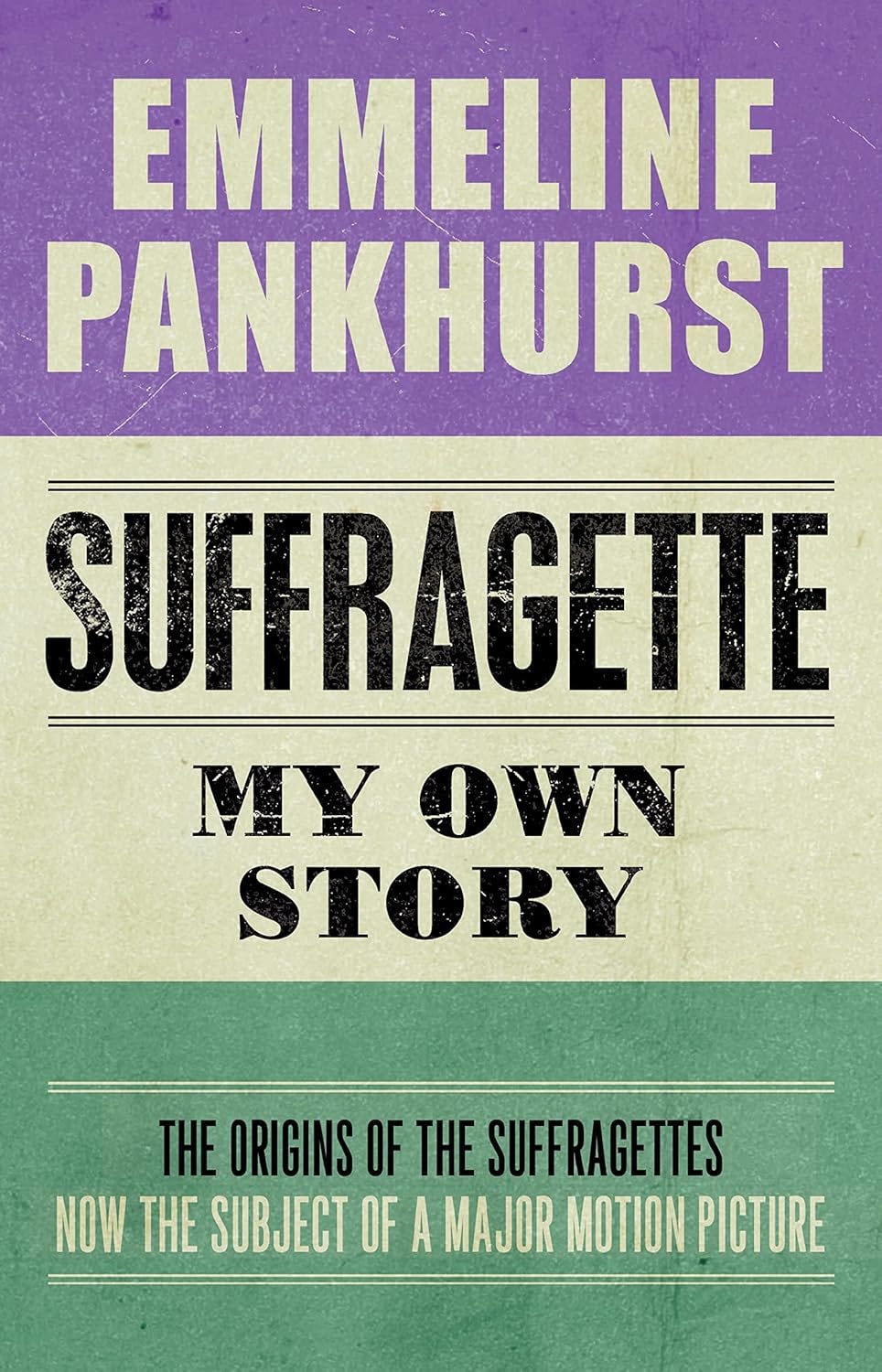Deeds, Not Words: The Founding of the Women’s Social and Political Union
Today in History: On 10th October 1903 the WSUP was founded
On 10th October 1903, in a modest home in Manchester, a small group of women gathered under the leadership of Emmeline Pankhurst. What they created that evening, the Women’s Social and Political Union (WSPU), would go on to change the course of British democracy. Their cause was female suffrage, and their motto, soon to echo across Britain, was uncompromising: “Deeds, not words.”
By the early 20th century, the issue of women’s suffrage in Britain had been debated for decades. Petitions, campaigns, and parliamentary bills had been presented as early as the 1860s, yet progress remained frustratingly slow. The leading suffrage organisation of the time, the National Union of Women’s Suffrage Societies (NUWSS), led by Millicent Fawcett, adhered to constitutional methods including lobbying, public meetings, and appeals to reason.
But for Emmeline Pankhurst and her daughters, patience was running out. They believed that decades of polite requests had been met with indifference by a political system dominated by men. It was time, they argued, for something different: a bold, militant campaign that could not be ignored.
The Pankhursts, Emmeline, Christabel, and Sylvia, were already active in politics through the Independent Labour Party. Yet, frustrated by the party’s lack of commitment to women’s votes, they decided to form an independent group dedicated solely to female enfranchisement.
On 10th October, in Emmeline Pankhurst’s house at 62 Nelson Street, Manchester, the WSPU was founded. Its members were to be drawn primarily from working-class women as well as professionals, united by a single cause. Unlike earlier suffrage groups, the WSPU did not seek broad reforms or gradual change. Its purpose was clear: votes for women, achieved through direct and sometimes confrontational action.
What distinguished the WSPU from its predecessors was its willingness to embrace militancy. Members, soon to be known as the “suffragettes”, disrupted political meetings, heckled Cabinet ministers, and staged bold demonstrations outside Parliament. Later, their tactics escalated to window-smashing campaigns, chaining themselves to railings, and hunger strikes in prison.
These dramatic acts ensured widespread press coverage, forcing politicians and the public alike to confront the question of female suffrage. Though controversial, the suffragettes’ actions transformed the movement from a niche reform issue into a matter of national debate.
The founding of the WSPU marked a turning point in the history of women’s rights in Britain. Though the suffragettes would endure imprisonment, ridicule, and violence, their uncompromising stance kept the pressure on governments that were otherwise reluctant to act.
The First World War significantly altered the political landscape, and in 1918, women over the age of 30 who met property qualifications were finally granted the right to vote. Full equality came a decade later, in 1928.
The WSPU’s foundation in 1903 was not just the beginning of a political organisation; it was the birth of a movement that reshaped the very fabric of British society.
Read Suffragette My Own Story by Emmeline Pankhurst to learn more about her life and the suffrage movement.
CLICK HERE to read more History and Happenings articles.
If you love history, then you’ll love The Chronicles of St Mary’s series by Jodi Taylor.
Buy the first book in the series, Just One Damned Thing After Another from Amazon.





